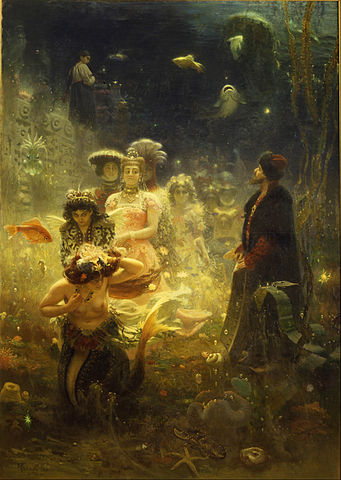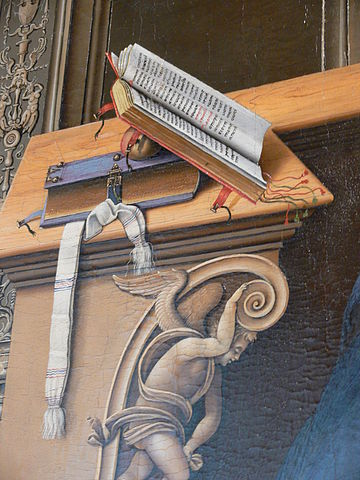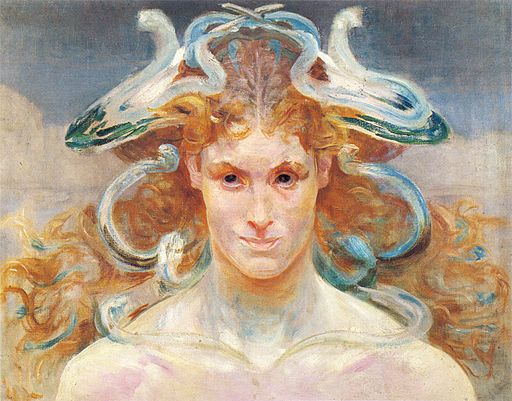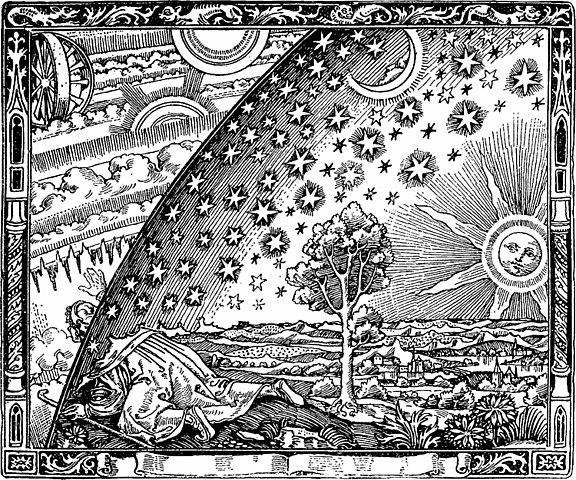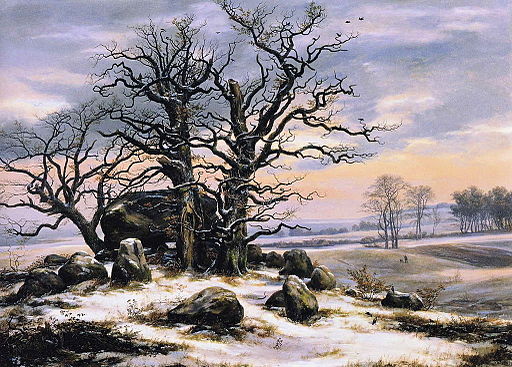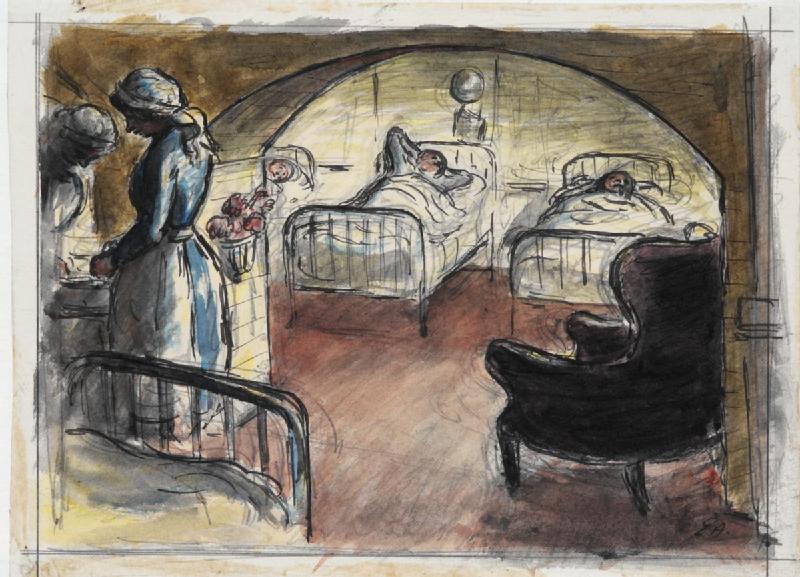
by Michelle Muenzler
“You shouldn’t have come,” she says,
pressing her fingers weakly against the ventilator,
plastic tray across her lap,
plastic food, plastic cup;
her tea is long cold.
I shrug;
“I needed to know.”
I have no tea here, no cup;
nothing but words
and an empty smile
stretched far too long across my face.
Outside the room, nurses
scurry past,
oblivious to their newest visitor.
“Well,” she says, “now you see. Now you know.”
And because she says it, it must be true,
and I know that it should be enough,
and yet…
And yet still I say, “I’ll come again,”
and push back my chair as if it matters,
as if that little detail will fit everything
into a box I can understand,
into an object I can hold.
She sighs.
Shoves feebly at her tray.
“You should stop,” she says,
“stop while you still can.”
And I wonder a moment if by coming here
I’ve changed her, or rather if
I’ve changed me,
or if everything’s just the same and there’s no meaning to the me’s or her’s
or any those of us between.
“Tomorrow,” I say to her, and before she can tell me no,
blink hard and set the world agog,
thrust myself back into the when which I belong.
And now
—my now, to be specific,
 not hers, nor anybody else’s–
stare at the blank wall of my apartment cubicle,
nearby kettle whistling, same as when I left but half a breath ago…
and to myself I say,
“Tomorrow; yes, tomorrow,”
and breathing deep, blinking hard,
plot my path to yet another day.

